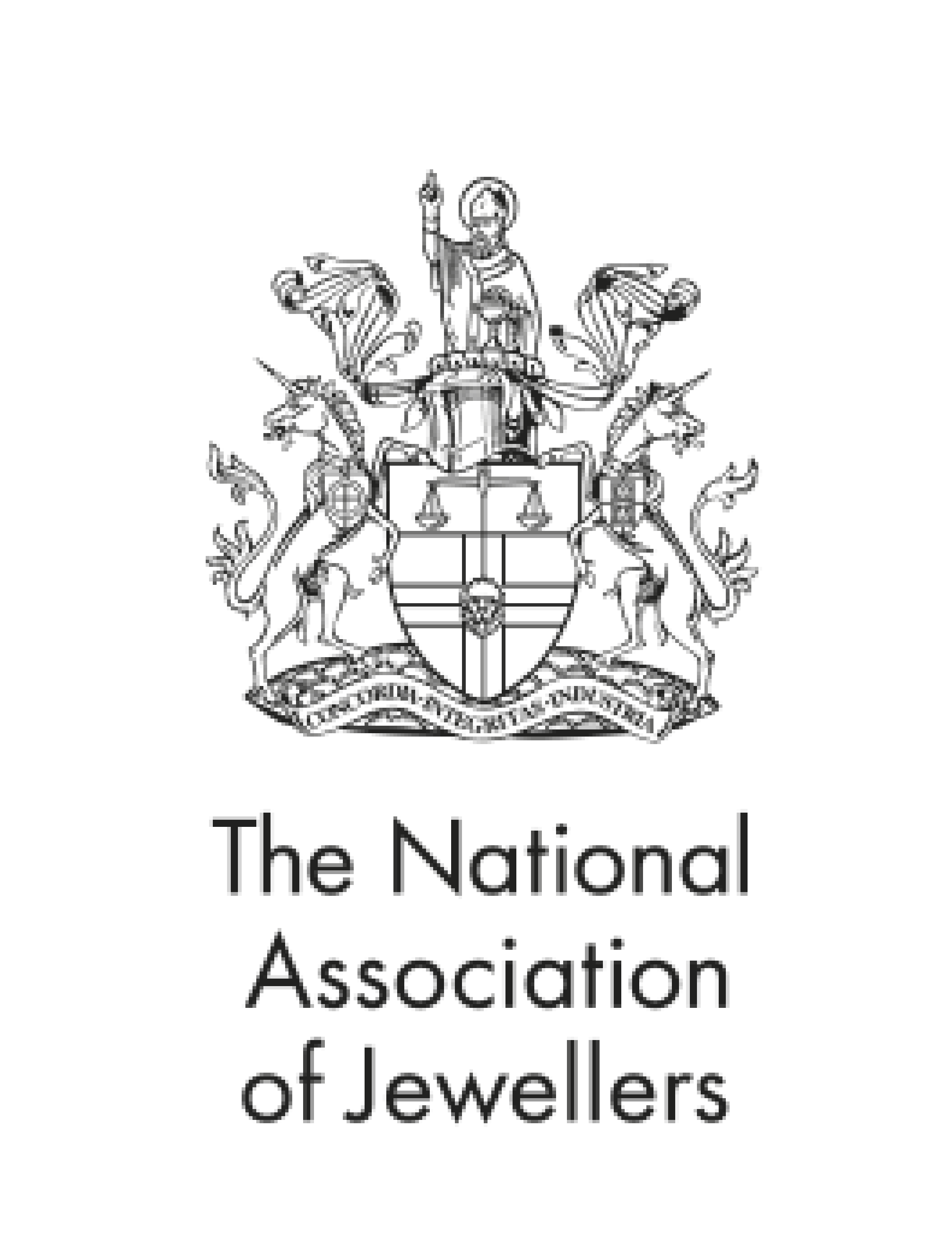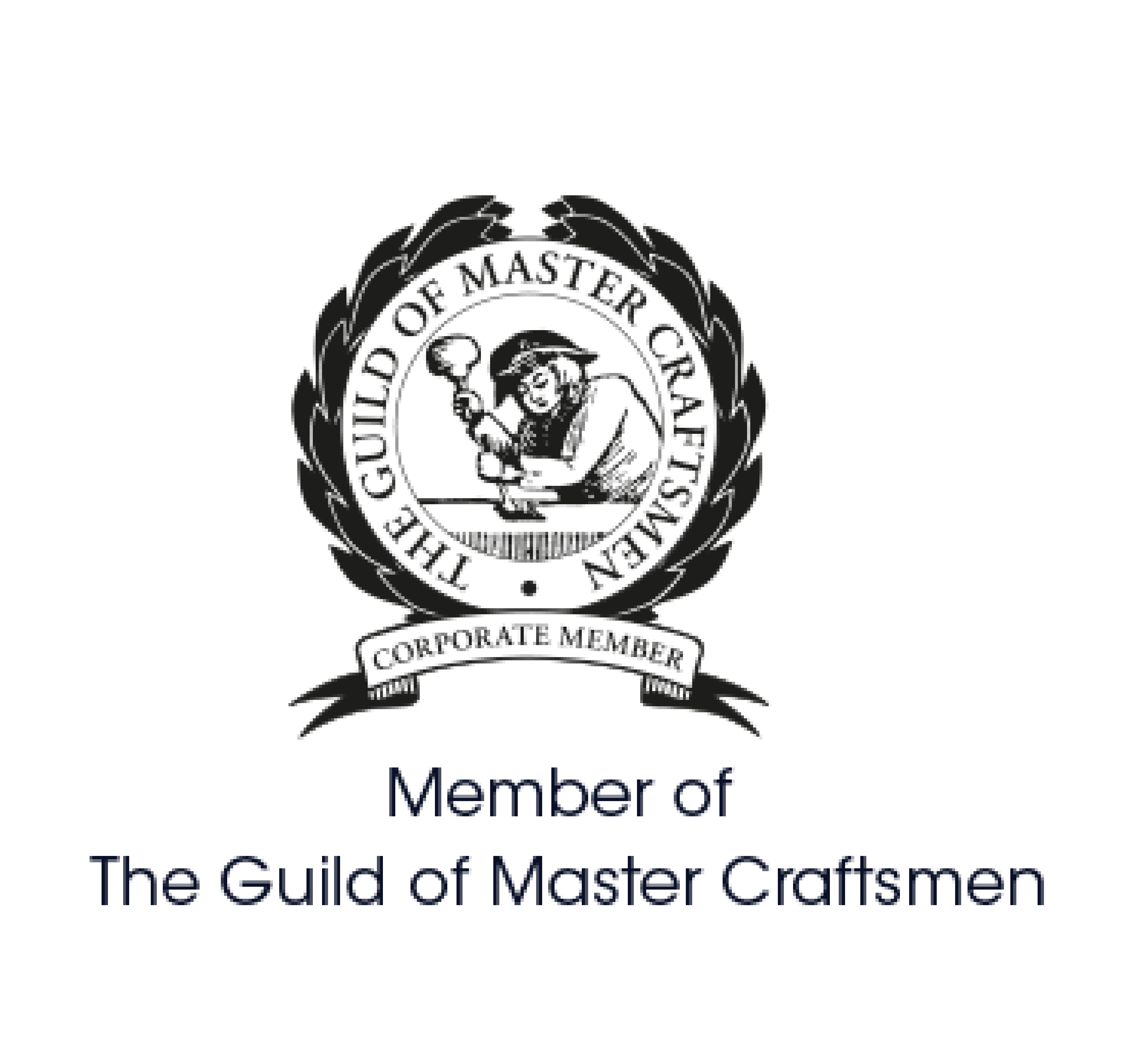
HOW TO LOOK AFTER YOUR JEWELLERY
You want to make sure your jewellery is always looking its best. We advise getting your jewellery checked at least once a year to ensure that it is in its finest condition, but for ornate pieces or for pieces that experience hard wear, then every three to six months is more appropriate.
Fittings such as clasps, fastenings, earring backs, safety chains may become loose or worn over time and need regular inspection and adjustment in order to maintain security. With a pearl or beaded necklace, it is necessary to have it restrung if the string shows signs of fraying or becomes loose. We always recommend putting knots between the pearls when they are restrung, so that you will only lose one or two pearls if the string breaks. All pearl and beaded necklaces should be stored flat, preferably in a silk pouch.
There are a number of things you can do in order to care for your jewellery and protect it from wear and tear, including regular cleaning. Most types of jewellery, with the exception of items set with emeralds, opals, pearls or turquoise can be cleaned with a mild soap solution and then rinsed well in clean water. With a soft toothbrush you can gently remove any stubborn debris but be careful not to snag any claw settings.
GOLD 18K
It is recommended that you wear similar quality pieces of gold jewellery together to avoid softer items becoming scratched. This is because gold is a fairly soft metal – the higher the gold content, the softer the piece. Gold should be kept away from harsh chemicals, such as cleaning and beauty products to avoid discolouration to the metal.
PLATINUM
Platinum has the advantage of being a harder and more durable metal. However, it needs caring for in a similar way to your gold pieces. It is still prone to scratching so should be suitably stored to prevent it from rubbing against other pieces you may have. Again, it is better to keep this away from any strong chemicals to avoid damaging or weakening the metal.SILVER
Silver jewellery will naturally tarnish over time, the amount of tarnishing (oxidation) that occurs depend on the skin and care habits of the wearer. We recommend cleaning your silver jewellery using lukewarm soapy water and a soft brush and then finish by polishing with a soft cloth to prevent the natural process of tarnishing. If there is pitting on the surface of the silver, then polishing will need to be done in the workshop to restore the surface finish.
DIAMONDS
Diamonds are well known for being the hardest mineral, however they can still be chipped or cracked when knocked at the wrong angle. Diamonds can scratch other diamonds and gemstones too, so it is best to store them in individual boxes. They can be easily cleaned using a small amount of liquid soap in hot water and dried using a lint-free cloth to remove any dirt and grease to bring back their shine.
EMERALDS
An emerald’s deep, luscious green colour is one that cannot be matched by another stone; they are even more precious due to the care that they need. Some estimates state that 90 percent of them are fracture-filled and heat can damage them, especially by extending those fractures. Wearing emeralds whilst washing up or bathing should be avoided as this may cause the oil to leak out, reducing the lustre and giving the emerald a dull appearance. Also, it is very risky to clean them ultrasonically or with steam. The best way to clean them is to use some soapy warm water and a gentle scrubbing.
PEARL, OPAL AND TURQUOISE
These gemstones are delicate and require extra care. If your jewellery contains any of these gemstones, look after it by wiping it clean with a soft damp cloth and store it in a soft cloth or bag to avoid being damaged by other jewellery.
Both pearls and turquoise can be stained by the chemicals found in hairspray, make-up and perfume and should therefore be the last thing you put on and the first thing you take off. Wiping these gemstones over with a soft cloth after each wear will help keep them at their best.
Pearl jewellery should not be exposed to humid conditions such as showers and steam rooms. As pearl necklaces are strung on silk thread, it is best to check them regularly for signs of stretching; re-stringing may be required every six to twelve months if worn regularly.
AMETHYST AND KUNZITE
Amethyst and kunzite are prone to fading if they are exposed to strong sunlight for a prolonged period of time.
If you have any questions at all about your jewellery and the care that they require, then we are here to help so please do contact us.
If you have any queries and would like to talk to one of our friendly experts, then do get in touch. We would be happy to help you.








